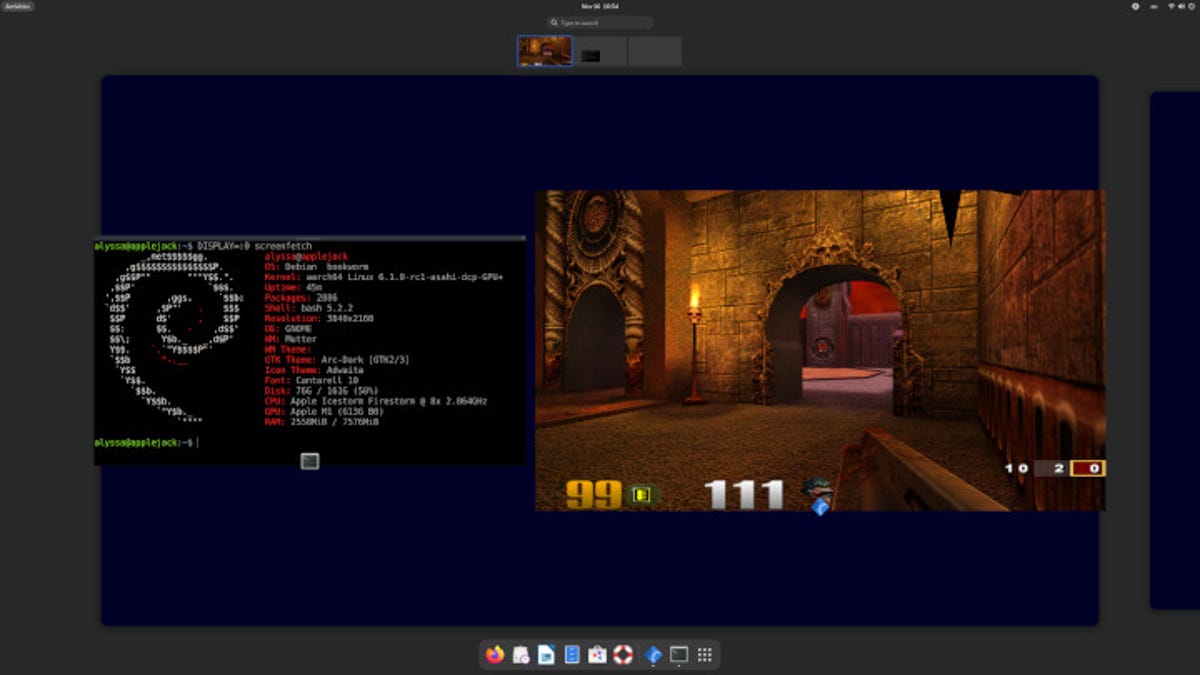Colstan
Site Champ
- Joined
- Nov 9, 2021
- Posts
- 822
The Asahi team's hard work has been upstreamed, marking the beginning of what will hopefully become mainstream support for Linux on Apple Silicon Macs. Linus Torvalds himself has been using an M2 MacBook Air. There's still a lot of work to be done, particularly on GPU drivers, but they've made considerable progress.

 www.zdnet.com
www.zdnet.com

Linux 6.2: The first mainstream Linux kernel for Apple M1 chips arrives
Linux is now ready to run on modern Macs.
 www.zdnet.com
www.zdnet.com
